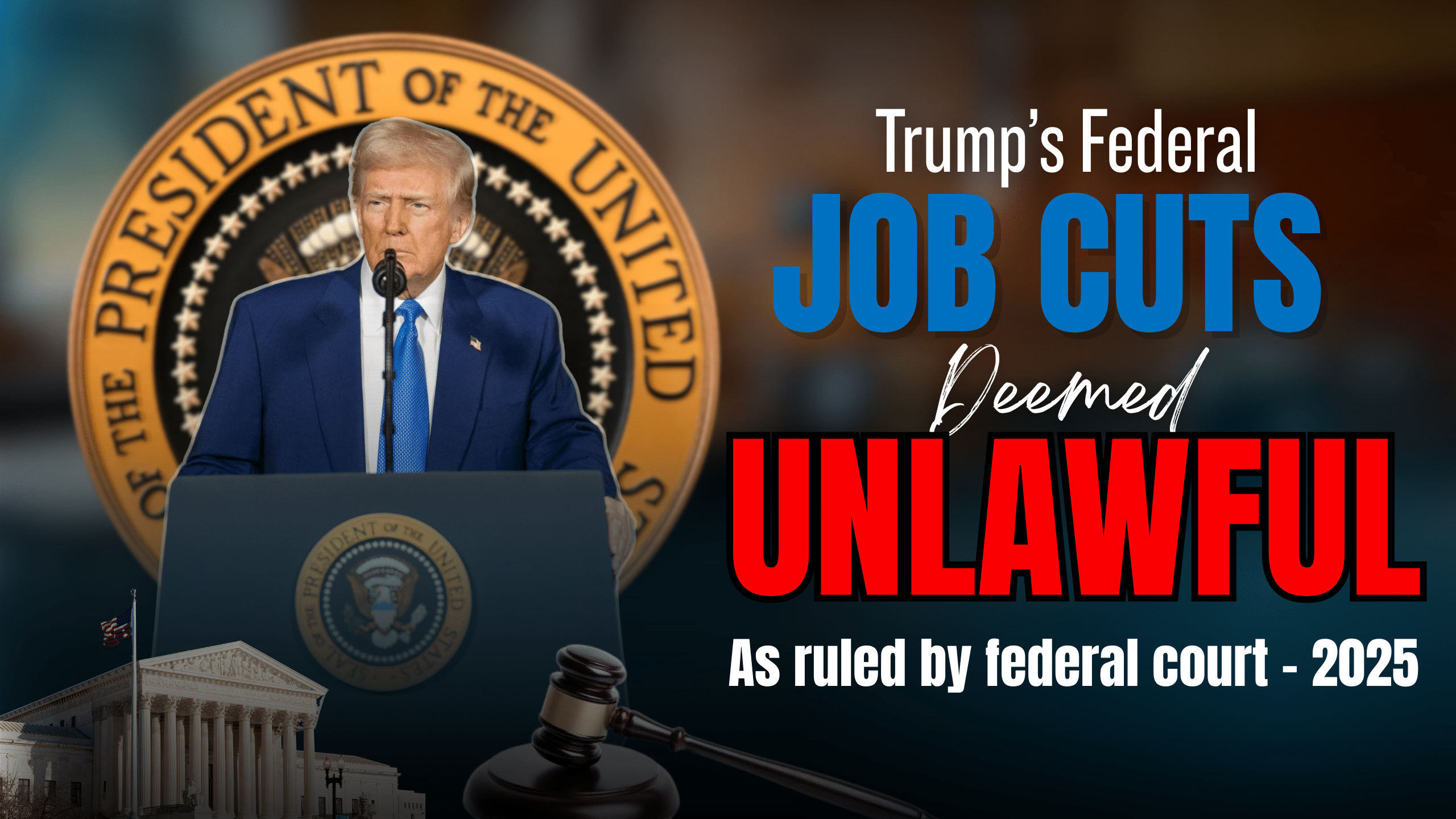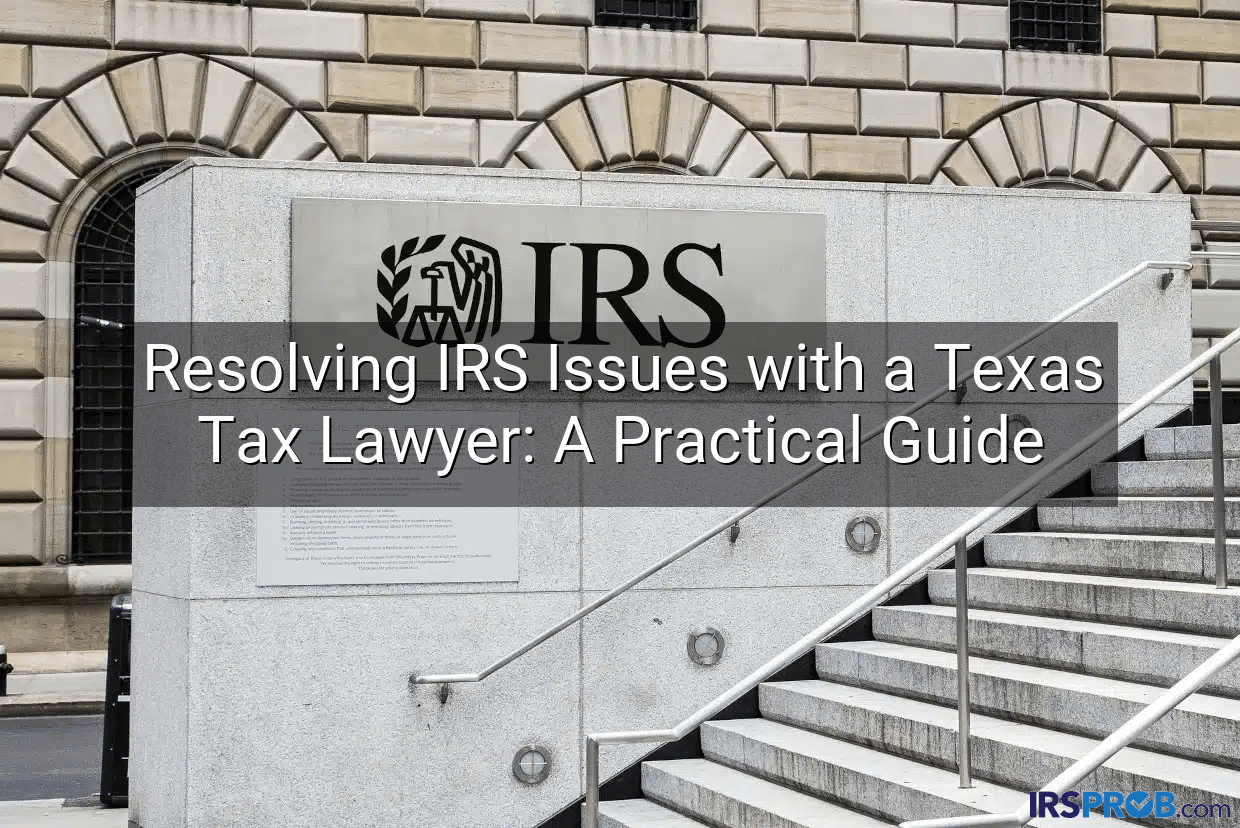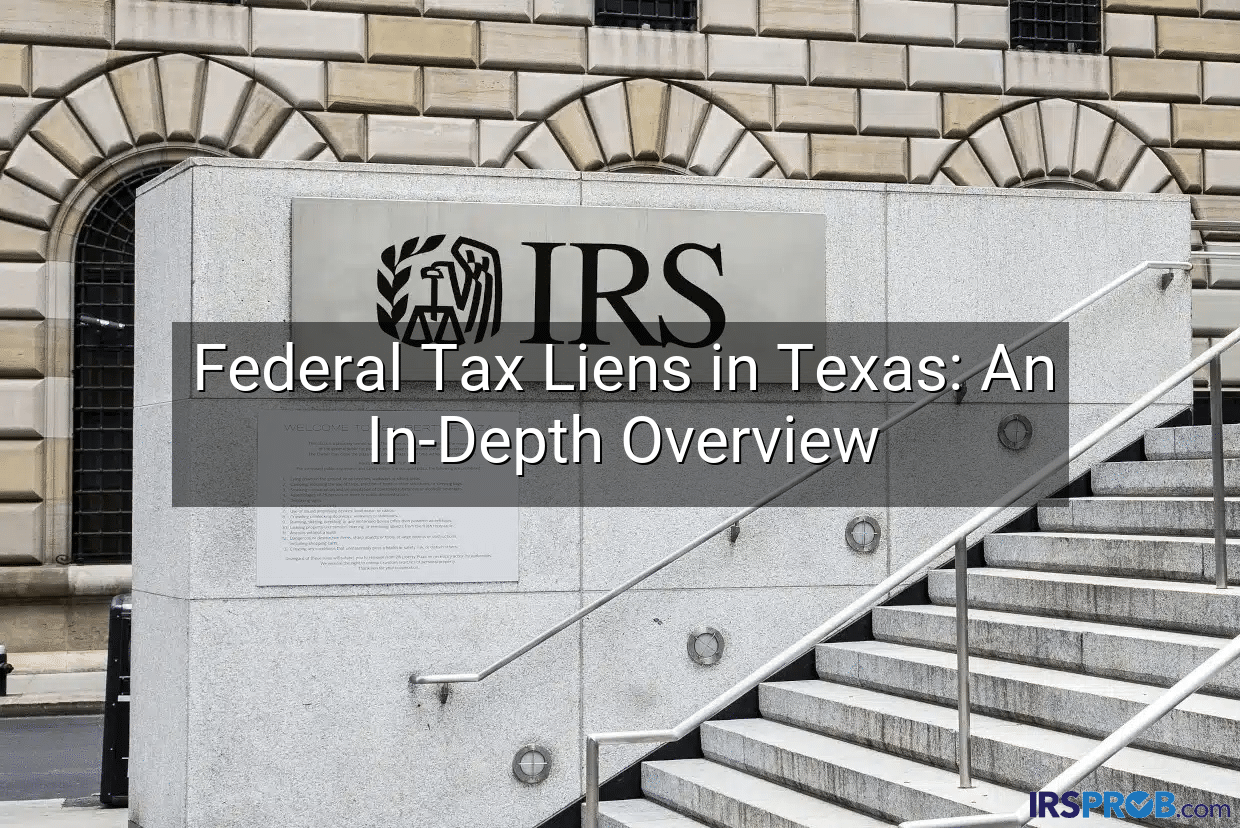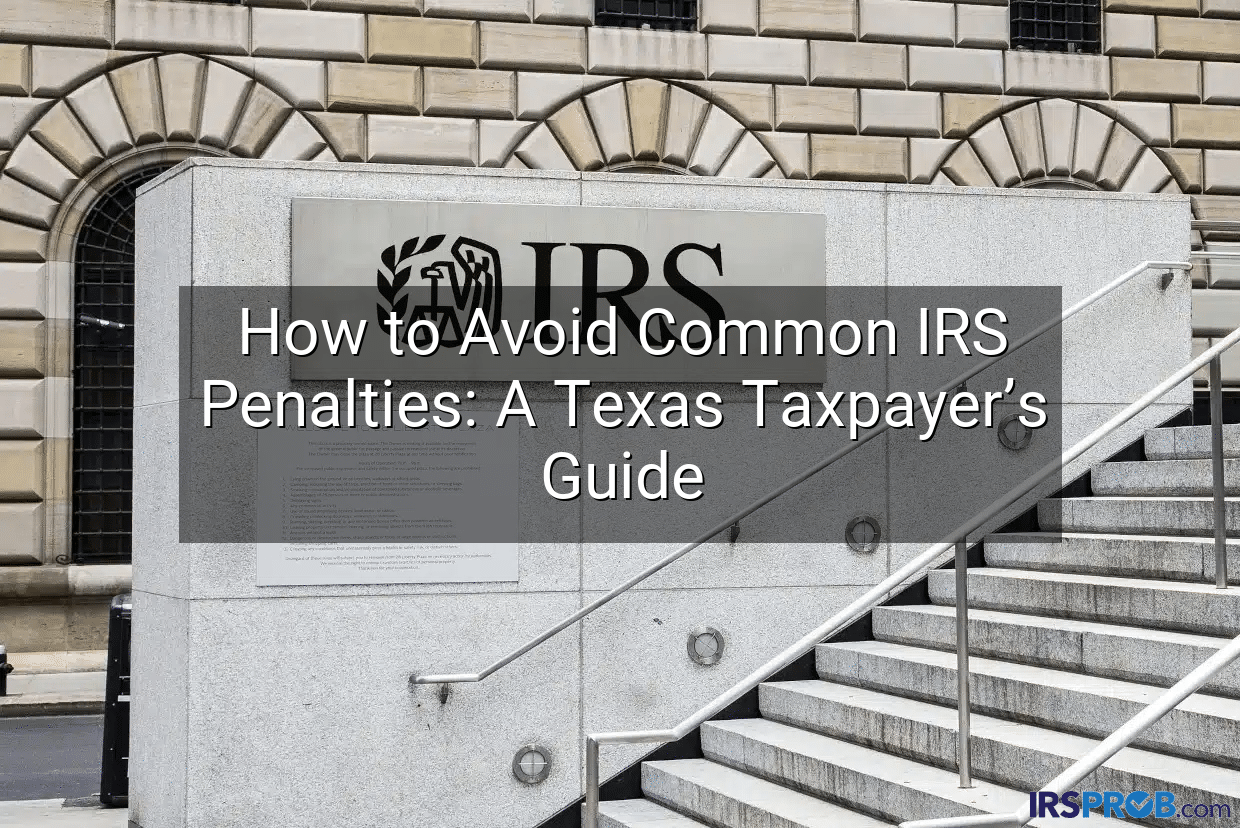An East Haven, Connecticut accountant has pleaded guilty to tax evasion and obstruction.
Louis DeMaio worked as an accountant in East Haven, Connecticut, and from 2010 to 2018 also steered Almatt LLC, an employment agency that provided day laborers to construction companies. Although DeMaio listed another individual on paper as the owner of Almatt, he effectively owned and ran it.
As part of Almatt’s operating procedures, he invoiced construction companies for the cost of labor provided and, from the payments received from the companies, paid the employees. Almatt and DeMaio then provided the employees with W-2s reflecting that Almatt had made required federal tax withholdings. Almatt and DeMaio in fact failed to withhold taxes and subsequently failed to pay over those withholdings to the IRS. Almatt also never filed yearly income tax returns or quarterly 941 taxes.
He also issued checks from Almatt made out to himself and to family members who were not employed at the business. From 2010 through 2018, DeMaio and his family received more than $2.5 million from the company; DeMaio did not report any of these distributions on his federal personal income tax returns.
In 2015, the IRS initiated a civil examination of Almatt, and then expanded the examination to evaluate the completeness of DeMaio’s personal income tax returns. When the IRS confronted DeMaio about his failure to report income paid to him by Almatt, DeMaio fabricated a story that a substantial portion of the payments he received from Almatt were loan repayments from the supposed owner. DeMaio provided an IRS revenue agent and other investigators with a false notarized document to support his claims.
The tax loss is $1,132,398. DeMaio has agreed to pay complete restitution, as well as interest and penalties. He pled guilty to one count of tax evasion, which carries a maximum sentence of five years in prison, and one count of obstructing and impeding the due administration of Internal Revenue laws, which carries a maximum of three years. He will be sentenced November 3rd.








